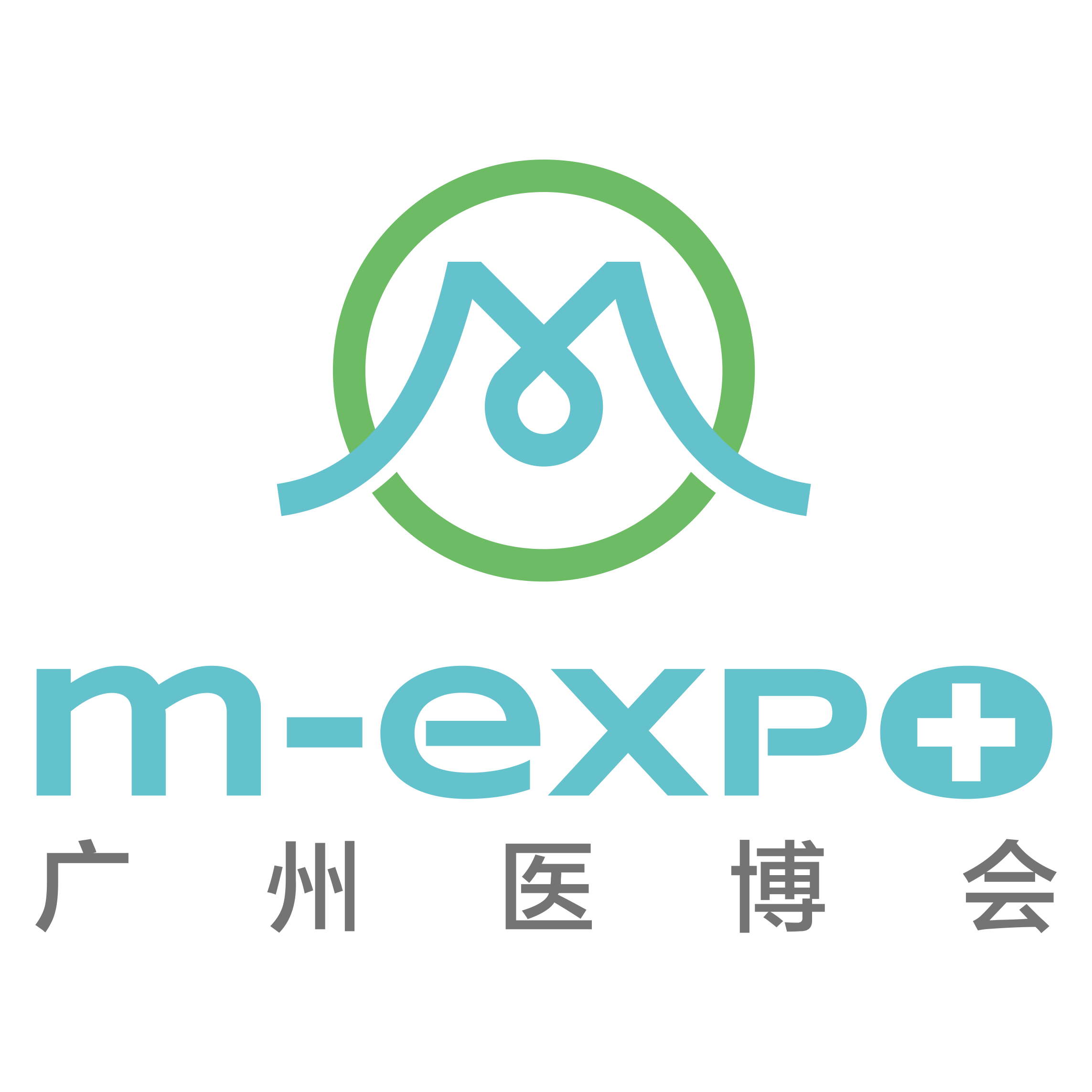On December 9th, the Political Bureau of the Central Committee of the Communist Party of China held a meeting to analyze and study the economic work in 2025; Listen to the work report of the Central Commission for Discipline Inspection and the National Supervisory Commission, and study and deploy the construction of Party conduct, clean governance, and anti-corruption work in 2025.
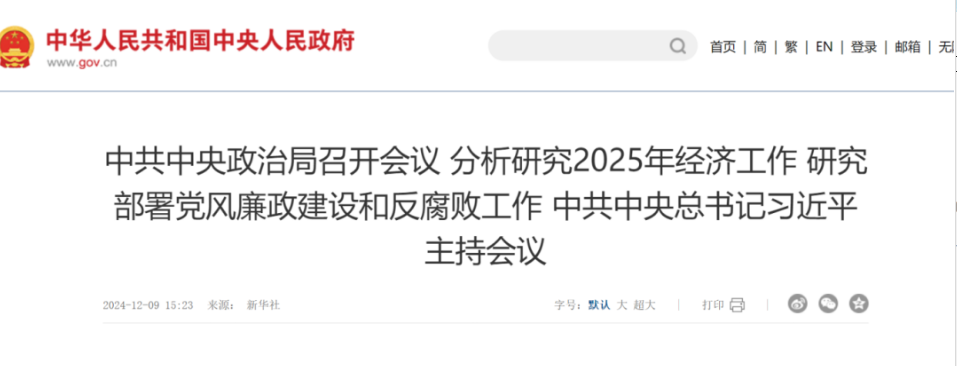
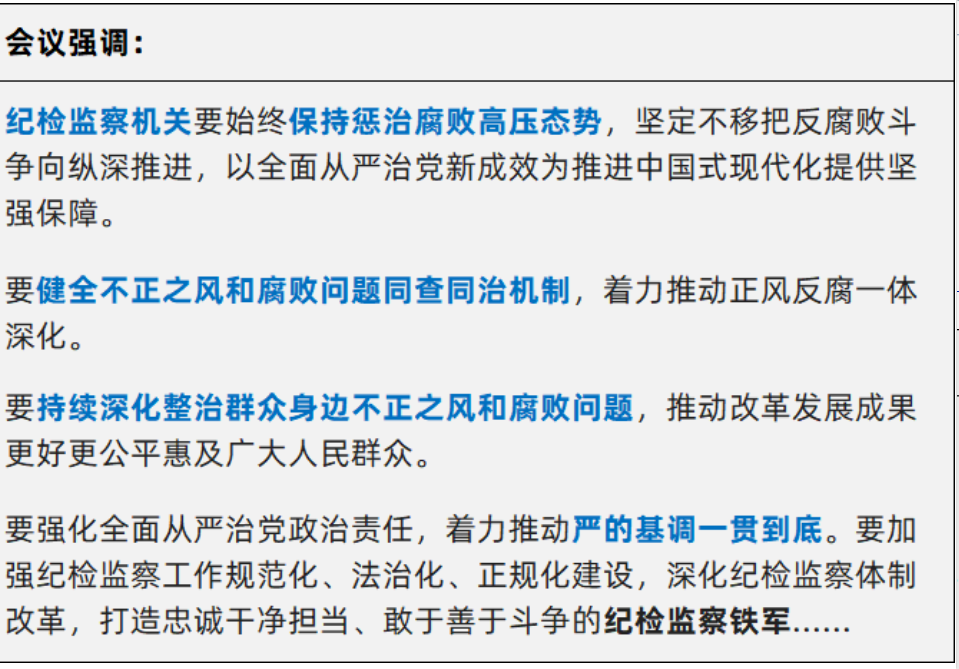

Without a doubt, the next step in the national anti-corruption campaign in the medical field in 2025 has been set!
The Central Commission for Discipline Inspection has issued consecutive documents, naming and addressing the issue of medical corruption .
As a key force in the national healthcare anti-corruption campaign, the website of the Central Commission for Discipline Inspection has recently published multiple articles directly targeting the persistent corruption in the pharmaceutical industry.
On November 10th, the official website of the Central Commission for Discipline Inspection and the National Supervisory Commission published an article titled "In Depth Attention: Ensuring More People Share the Achievements of Reform and Development", which deeply analyzed the corruption phenomenon in grassroots medical institutions in equipment, consumables procurement and other aspects.
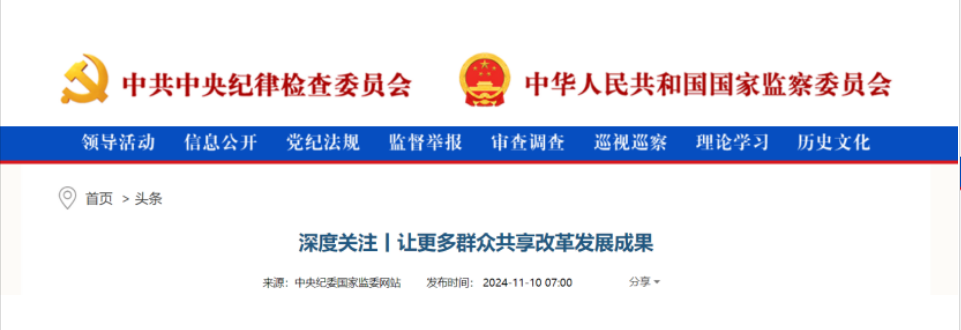
Driven by huge economic interests, the problem of grassroots corruption is gradually emerging. Frequent exposure of grassroots medical institutions involved in illegal activities such as embezzlement of funds, illegal gift giving, acceptance of gift money, abuse of medical insurance funds, and participation in tourism activities that affect the fairness of official duties has been reported in various regions.
The article emphasizes that disciplinary inspection and supervision agencies are actively taking action, implementing precise and effective supervision, and severely investigating and punishing illegal and disciplinary behaviors of grassroots medical institutions in core areas such as equipment procurement, drug and consumables supply, and engineering construction.
On November 26th, the website of the Central Commission for Discipline Inspection and the National Supervisory Commission once again released an article titled "Iron fisted Punishment of 'Micro Corruption'", stating that the issue of 'micro corruption' in the medical field cannot be ignored.
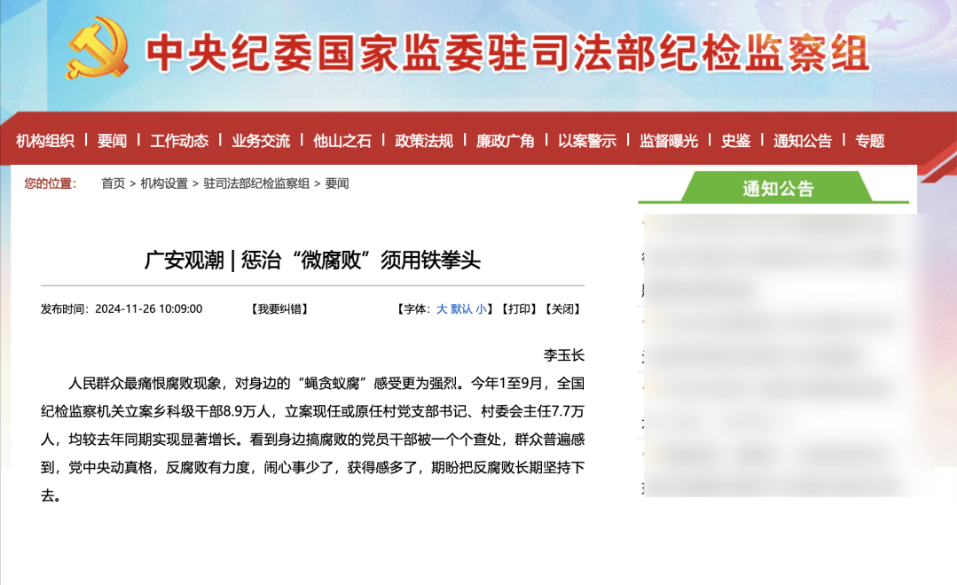
As is well known, in the "Work Plan of the Central Anti Corruption Coordination Group (2023-2027)" issued by the General Office of the Communist Party of China Central Committee, it is explicitly required to promote the extension of anti-corruption to the grassroots level, focusing on areas such as education and healthcare, pension and social security, food and drug safety, and seriously investigating and punishing acts of embezzlement, interception and misappropriation, false reporting and impersonation, and extortion.
And recent cases have also revealed that the edge of anti-corruption has directly targeted grassroots medical institutions, which are undergoing comprehensive and in-depth clean-up and rectification.
Medical anti-corruption enters the 'deep water zone'
Against the backdrop of the ongoing anti-corruption campaign, not only does the Central Commission for Discipline Inspection frequently speak out, but the policy level is also constantly making efforts.
In 2024, the National Health Commission and 14 other departments jointly issued multiple policy documents. On November 28th, the National Medical Products Administration officially issued a notice to solicit public opinions on the "Management Measures for Pharmaceutical Representatives".
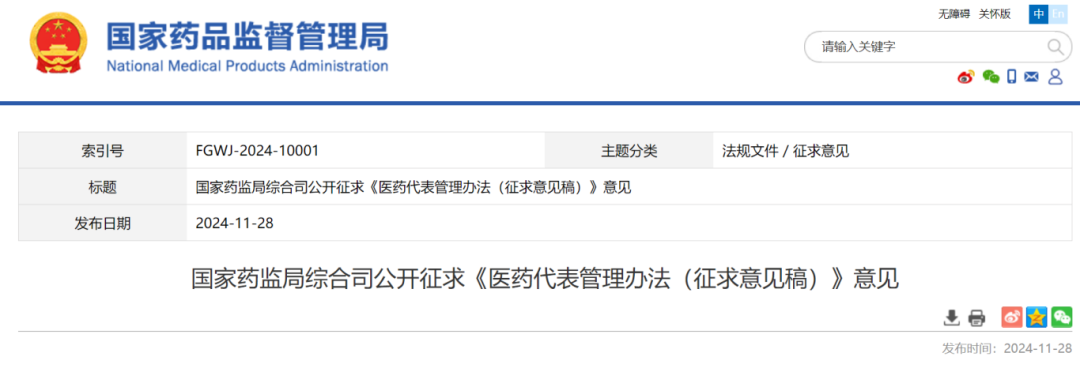
The revised "Measures" not only significantly raise the qualification threshold for pharmaceutical representatives, but also provide a clearer definition of the rights and responsibilities between enterprises and pharmaceutical representatives, completely ending the old model of "enterprises making mistakes, representatives taking responsibility".
Another major highlight of the new version of the "Measures" is that it for the first time standardizes the management of pharmaceutical representatives by medical institutions, explicitly requiring medical institutions to strictly verify the registered identity of pharmaceutical representatives, and comprehensively prohibiting unregistered pharmaceutical representatives from engaging in any form of pharmaceutical academic promotion activities.
Regarding the management level of enterprises, on October 11th, the State Administration for Market Regulation drafted the "Compliance Guidelines for Preventing Commercial Bribery Risks in Pharmaceutical Enterprises (Draft for Comments)", which clearly requires pharmaceutical enterprises to reasonably formulate the cost standards for medical and health personnel to provide consulting services, and recommends payment based on objective conditions such as project scale, service duration, and professional level, referring to relevant regulations or fair market prices.
In addition, the National Health Commission also held a symposium for pharmaceutical companies, reiterating its support for guiding academic exchanges and cooperation to be carried out in a standardized manner, and for compliant marketing. It is evident that the current anti-corruption campaign not only urges pharmaceutical companies to deepen internal management and restructure compliance frameworks, but also places them under stricter supervision. Therefore, enterprises are forced to further strengthen their compliance awareness in various aspects such as research and development, market promotion, etc., in order to flexibly adapt to the constantly changing market environment. The medical industry has also attracted widespread attention from society.
Based on this conference, the anti-corruption campaign in the national medical field in 2025 will undoubtedly form a comprehensive, multi-level, and three-dimensional governance pattern, and every "node" on the "production, sales, and use" line of pharmaceuticals and medical equipment will be closely connected to form an impeccable management network.
相关推荐
- 2026 Guangzhou Medical Expo Scheduled for August! Building the Core Engine for the Greater Bay Area's Healthcare Industry. 2025-11-07
- Full-chain Empowers Industrial Innovation! The 2025 Guangzhou Medical Expo Successfully Concludes Today 2025-08-24
- Grand Opening of 2025 Guangzhou Medical and Health Industry Expo: Jointly Paint a New Blueprint for Health and Play the March of Industrial Endeavor 2025-08-22
- Over 400 hospitals and enterprises gather in the City of Rams! Guangzhou Medical Expo has become a highland for the first launches of innovative pharmaceuticals and medical devices. 2025-06-13
